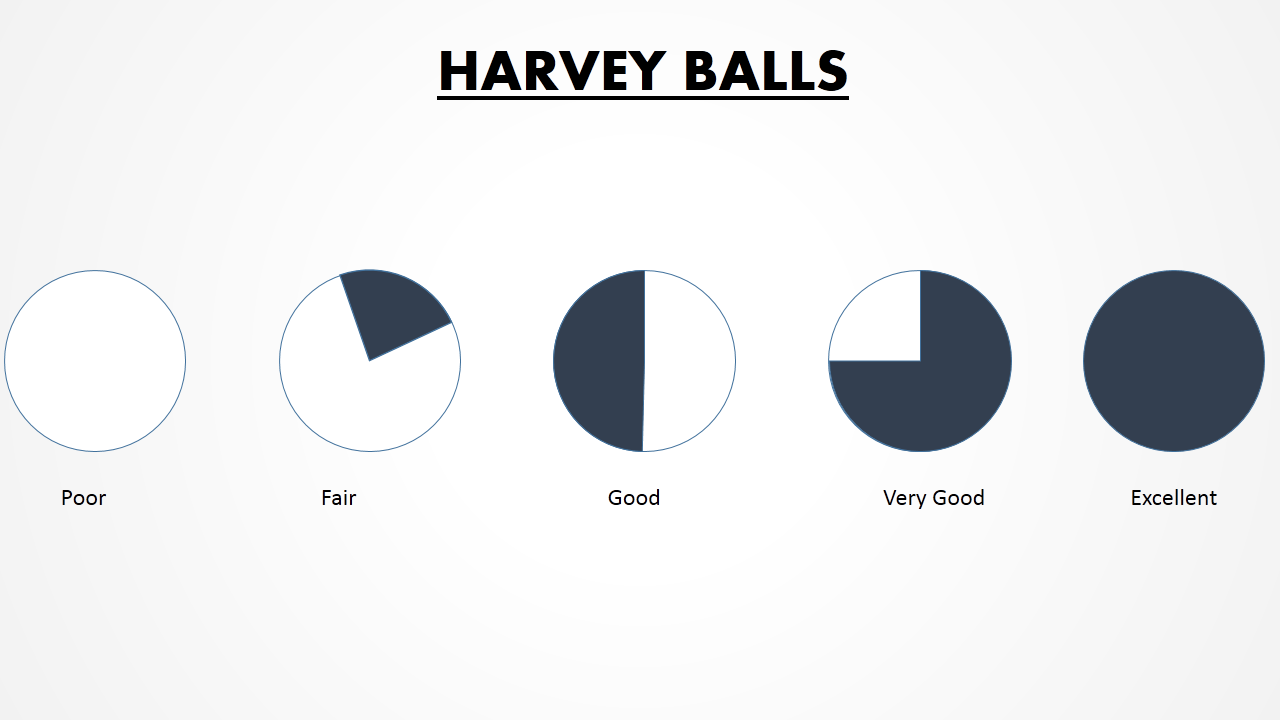Startups are like seedlings in a vast forest of well-established trees. They are tiny, vulnerable, and in constant need of nourishment to survive and grow. Among the essential nutrients they require for their journey towards becoming towering oaks is branding.
Branding is not merely a logo or a name; it's the heart and soul of your startup.
In this blog we’ll learn about branding and why it's crucial for your venture's success.
What is Branding?
Before we get into the nitty-gritty, let's clarify what branding means in the context of a startup. Your brand is not just your visual identity, although that's certainly a part of it. It encompasses your values, mission, personality, and how you want your audience to perceive your business. It's the sum of all the elements that make your startup unique and memorable.
Building Trust and Credibility
In the vast sea of startups and established competitors, trust is your most potent weapon. Building a strong brand can help you earn that trust. When customers encounter a brand that is consistent, honest, and delivers on its promises, it creates a sense of security.
Startups often struggle with credibility because they lack a track record. An effective brand strategy can help bridge this gap. By crafting a compelling brand story and consistently delivering on your brand's promise, you can build trust with your customers.
Differentiation in a Crowded Market
Startups often enter markets saturated with alternatives, making differentiation a challenge. This is where branding can work wonders. Your brand is your unique fingerprint in the business world. It allows you to stand out and be noticed. Consider brands like Apple or Tesla. They've successfully carved out a unique identity in their respective industries through branding.
Attracting and Retaining Customers
In the early days, attracting customers can be a struggle. Your branding efforts, when done right, can significantly help in this department. A well-defined brand helps potential customers understand who you are, what you offer, and why you're worth their time and money. Once you've lured them in, your brand can also play a critical role in retaining them. People like familiarity, and a strong brand can create a loyal customer base that keeps coming back.
The Art of Storytelling
Storytelling is an integ ral part of branding. Your startup's story can be a powerful tool for connecting with your audience on a deeper level. Share your journey, the problems you're solving, and the impact you aim to make. Your story can captivate and resonate with your audience, turning them from casual observers into loyal supporters.
Attracting Investors and Partners
For startups, attracting investors and partners is often a crucial step to secure funding and resources. Your brand can be the bait that lures them in. Investors and partners are not just looking at your product or service; they're looking at the potential and the vision behind your brand. A strong brand can demonstrate that you're serious, committed, and have the potential for long-term success.
Building Consistency
Consistency is a cornerstone of effective branding. It's not just about having a cool logo; it's about ensuring that every touchpoint with your audience reflects your brand's values and personality. Whether it's your website, social media, customer service, or product packaging, they should all be consistent in conveying your brand's identity.
Avoiding Branding Mistakes
While branding offers immense potential benefits, it's not without its pitfalls. Here are a few common mistakes to avoid:
- Inconsistency: Inconsistent branding can confuse your audience and dilute your brand's impact. Ensure all your branding elements are uniform and in line with your brand's personality.
- Overcomplication: Keep your brand message simple and clear. Trying to be all things to all people can muddle your brand and leave your audience uncertain about what you stand for.
- Ignoring Feedback: Your brand is not just what you say it is; it's also what your customers perceive it to be. Listen to their feedback and adjust your branding strategy accordingly.
- Neglecting Employee Buy-In: Your employees are your brand's first ambassadors. If they're not on board with your brand's values and mission, your branding efforts will fall flat.
- Copying the Competition: Your brand should be unique to your startup. While it's fine to draw inspiration from successful brands, copying them entirely can make you look like a knock-off.
Practical Steps to Build Your Startup Brand
Now that you understand the importance of branding in startups, let's explore some practical steps to get started:
- Define Your Brand Identity
Start by defining your brand identity. What are your core values, mission, and vision? What sets you apart from the competition? Knowing these things is crucial in crafting a brand that's authentic and meaningful.
- Create a Memorable Visual Identity
Your logo, color scheme, and typography should be memorable and reflect your brand's personality. Seek professional design help if needed; this is not the place to cut corners.
- Tell Your Story
Craft a compelling brand story that resonates with your audience. Be honest and authentic, and use your story to connect with your customers on a deeper level.
- Be Consistent
Ensure that every aspect of your startup, from your website to your customer service, aligns with your brand's identity and values. Consistency is key to building trust and recognition.
- Listen to Feedback
Pay attention to what your customers are saying. Their feedback can provide valuable insights into how your brand is perceived and where improvements are needed.
- Adapt and Evolve
Don't be afraid to adapt and evolve your brand as your startup grows. Markets change, and your brand should evolve to stay relevant.
Branding is not just for big corporations. It's a vital tool for startups looking to sustain in the competitive market. Your brand is your identity, your promise, and your connection to the world. Embrace it, nurture it, and watch your startup grow into the mighty oak you know it can be.






 Customer Reviews
Customer Reviews



















